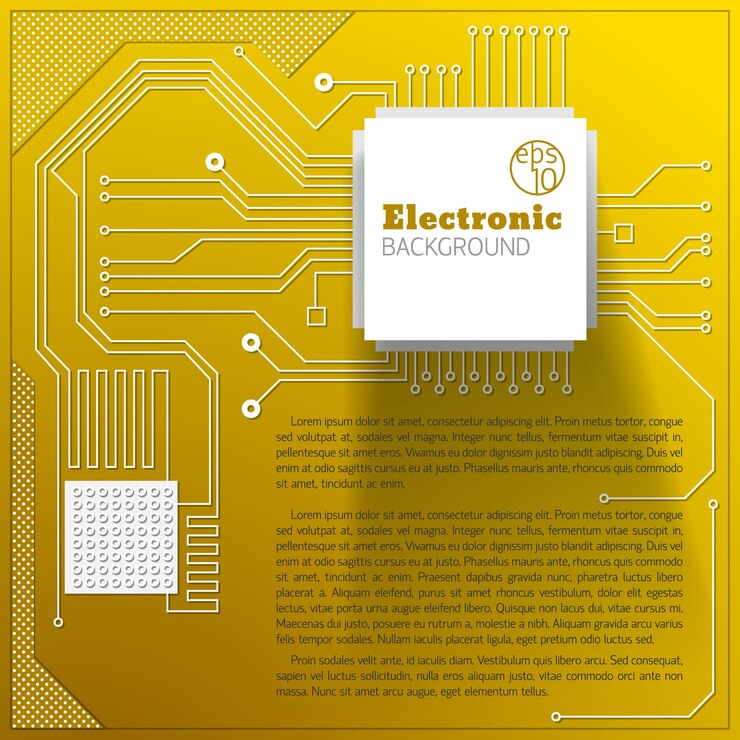While the electronics realm evolves continuously, PCBs are considered the brain of all advanced technology. Regardless of whether you are a practicing technician or just beginning to work in the PCB industry, you can be sure that in 2024, obtaining a PCB certification will give you more opportunities and increase your ability to do so if you have one. This invaluable guide will lead you through the stages and thoughts that you have to watch this year to obtain your PCB certification.
What are Printed Circuit Boards Certifications?
The PCB (Printed Circuit Board) certificate is a document of validation within the industry or the given standards, regulations, or quality requirements. It serves as proof that the printed circuit board has undergone testing, validation, and assessment to ensure its functionality, reliability, and safety in electronic devices.
PCB Certification

A. ISO 9001 Certification
ISO 9001 stands for International Organization for Standardization, which is recognized as the most popular quality management system certification in the world for PCB manufacturers to establish an excellent reputation for PBC quality and services that meet customer and regulatory requirements.
To earn certification, manufacturers have to prove that there are documented procedures, employee training, constant audits, and any necessary corrective actions in place in their quality management systems.
B. RoHS Certification
RoHS compliance is the European directive restricting the use of toxic substances in electrical and electronic equipment including lead, mercury, cadmium and the polybrominated diphenyl ether, for protecting the health and the environment of all the people.
RoHS certification offers some benefits such as market access, consumer confidence, and legal compliance, as manufacturers must comply with health and environmental concerns to avoid penalties and market exclusion.
C. UL Certifications
UL certifications, the global safety certification provided by Underwriters Laboratories, is proof of product safety and quality through process of regulatory requirements such as evaluation and testing of products to make sure that they strictly meet safety standards.
UL certification ensures safety and quality by meeting stringent requirements, reducing electrical hazards, facilitating global acceptance, and enhancing brand reputation.
D. IPC Certification
IPC (Int. Assoc. Connecting Electronics Industries) in its turn, designs and produces standards for the electronics industry which include PCB design, layout, advanced circuits, PCB assembly, materials, and testing parameters.
IPC standards includes processes and materials in PCB manufacturing, ensuring industry best practices, material compliance, and enhancing professional skills, promoting innovation and efficiency in the electronics industry.
What is Quality Management System?
QMS, or Quality Management System, is a complete system comprising of all the manufacture process steps such as raw materials, test purposes and finally delivery which all contribute towards consistency and high-quality products. It ensures the same quality and safety as ISO 9001 that is one of the most often used international specific standard, in order to make the product reliable and safe.
How to Obtain PCB Certifications
- Understanding Requirements for Each CertificatesPCB manufacturing is subjected to the IPC, ISO, UL, RoHS, and REACH certifications that conform to the standards of processes, quality, safety, environment, and ensuring that the leather materials are not harmful to the manufacturing processes.
- Working with Certified PCB ManufactureChoose quality-oriented, well-certified PCB manufacturers with strong reputation for compliance. Verify certifications, collaborate on marketing, raw materials, methodologies, and maintain records for future reference.
- Conducting Audits and Compliance ChecksContinuously internal audits validate standards compliance and suppliers of raw machines, making sure quality through screening, inspection and examining, and correction of errors to limit recurrence.
- Renewal and Maintenance of CertificationsThe process includes regularly renewing certificates, increasing their efficiency, training the employees, and keeping records of the certificates audits, and compliance for checking the accuracy and the completeness of the records.
Benefits of Obtaining PCB Certificates
A. Legal Compliance and Market Access
PCB certificates serve as the guarantee for the proper legal compliance and market access. IPC-6012 & IP-13 certificates help ensure conformity with the industry standards and demonstrate the interest in meeting the quality benchmarks.
B. Enhanced Product Quality and Reliability
Certified PCB manufacturing processes prioritize quality and reliability, ISO 9000, among others, is a certification system that focuses on the integrity and reliability of PCB manufacturing processes and controls.
C. Customer Satisfaction and Trust
Certified PCBs enhance customer satisfaction in industries like aerospace, medical devices, and automotive electronics by ensuring manufacturers deliver products meeting industry standards and enhancing transparency through traceability measures.
D. Competitive Advantage in the Industry
PCB certifications provide a competitive advantage by demonstrating quality standards and best practices, attracting customers who value assurances and compliance guarantees.
Conclusion
Obtaining a PCB certificate in 2024 can significantly expand your professional possibilities and make you a more skilled technician in the electronic industry. A PCB certificate is a paper that documents an outlet’s conformity of the standard, regulatory and quality criteria. We can distinguish between a few kinds of PCB certifications, ISO 9001, RoHS, UL, IPC, and QMS. Achieving PCB certification requires a knowledge of what each certificate mandates, working with certified manufacturers, carrying out routine audits and monitoring, and reacting to renewing and maintaining certifications. Attaining a PCB certificate has benefits such as legal compliance, product quality that exceeds expectation and reliability, confidence building of customers, and edge that advantages the product against competitors.

